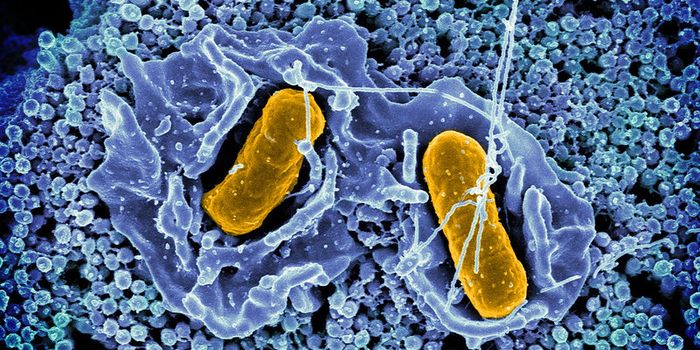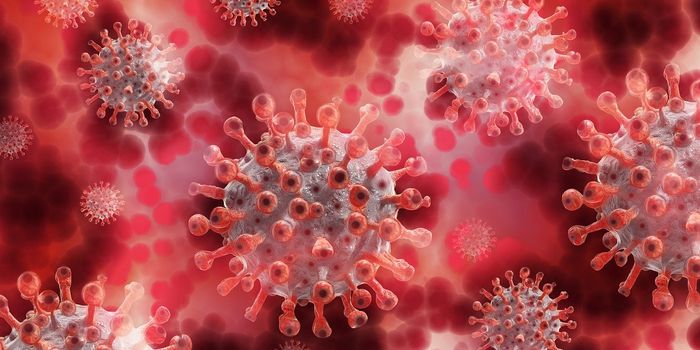An Adaptive-Like Cell of the Innate Immune System is Discovered
At one time, natural killer cells were thought of as a small group of specialized immune cells that can rapidly identify and destroy cells that have been infected with a virus. But research has shown that there are various subsets of natural killer cells with complex roles. Scientists have now discovered a novel type of natural killer cell they call tissue-resident memory natural killer (NKRM) cells. These cells are thought to play an important role in the maintenance of homeostasis in tissues, and can limit immune responses so they don't take on pathological, autoimmune characteristics. The findings, which have revealed an innate immune cell type with adaptive features, have been reported in Immunity.
NKRM cells seem to be crucial regulators of immunity. In a mouse model of cytomegalovirus (CMV) infection, natural killer cells were sent to the salivary glands, where they became NKRM cells. The NKRM cells were then prepared to take up residence in tissues for a long time, where they seem to prevent autoimmunity by helping to eliminate certain problematic types of CD4+ T cells. NKRM cells ensure that immune equilibrium is restored after inflammation, and the health of tissues is preserved.
"While long-lived tissue resident memory T cells (TRM) have been described, the primary known function of these cells is to protect the host against reinfection," said first study author Dr. Iona Schuster from the Monash Biomedicine Discovery Institute (BDI). But the immune system must be carefully controlled as it battles infection. NKRM cells are key to maintaining the proper function of tissues and stopping autoimmunity from developing.
The discovery of NKRM cells shows that some memory cells that live in tissues have a crucial role in shielding them from excessive inflammation instead of focusing on preventing another infection, said Schuster.
Senior study author Professor Mariapia Degli-Esposti, Head of Experimental and Viral Immunology at BDI, noted that this research has expanded what we know about the regulation of the immune system.
Adverse complications or flares related to the immune system are an issue in cancer immunotherapy, noted Degli-Esposti. These complications can occur when the therapy takes the brakes off of the immune system, activating it in a powerful and uncontrolled way. Many cancer immunotherapies can lead to collateral damage in areas where tumors are located. "Thus, NKRM may be an adjunct or follow-up therapy to restore immune balance and bring back tissue health."
The work may also lead to new insights into autoimmune disorders or chronic inflammatory diseases.
Sources: Monash University, Immunity









